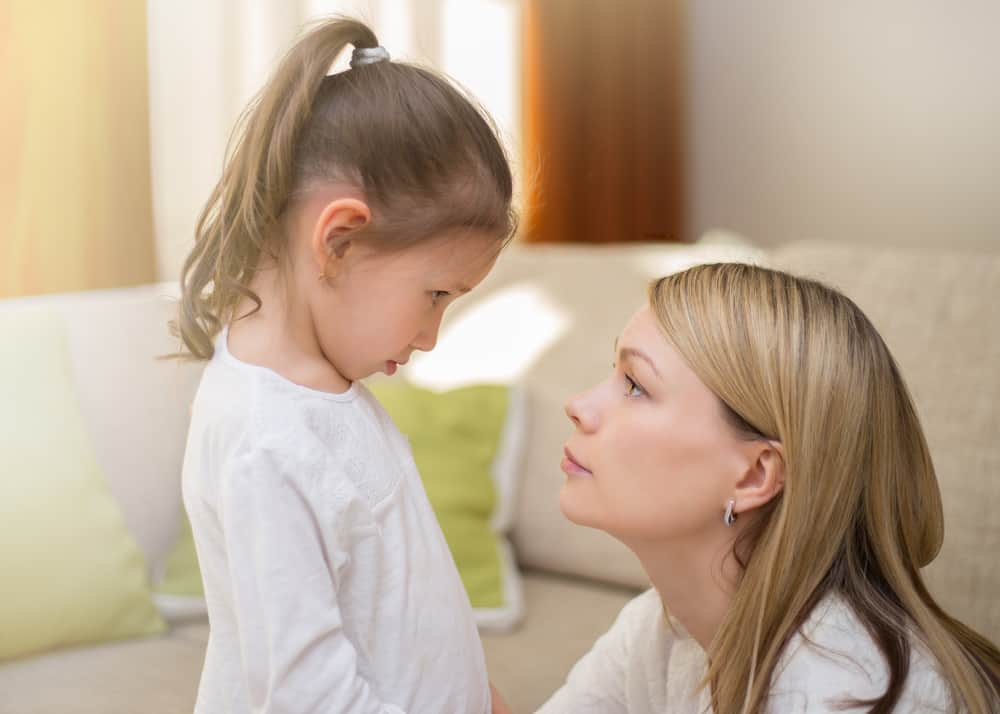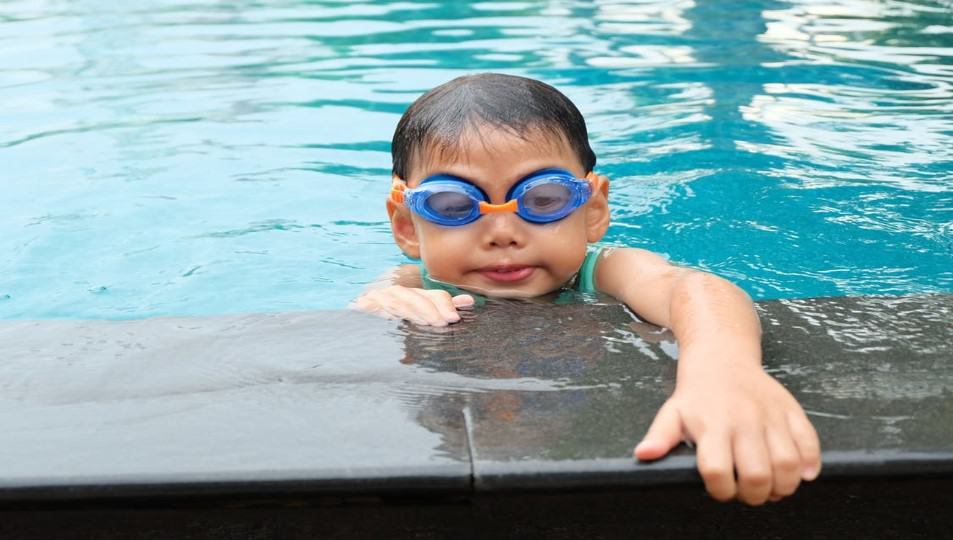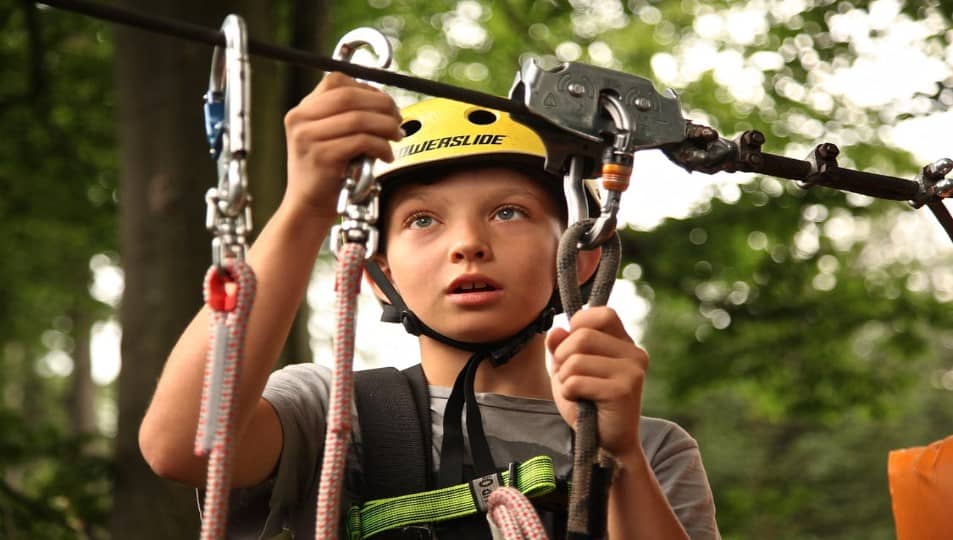Fearful and anxious behaviour is common in children, especially as they come across new situations and experiences in life. Most children learn to cope with different fears and worries, however some children find it harder to get their fears and anxious feelings under control. Some kids also perceive the world to be scarier or more dangerous than others.
Kids suffering from anxiety find it harder to cope with everyday stresses at home, school and in social settings. Anxiety can also result in physical symptoms such as sleeplessness, stomach aches, headaches, irritability and difficulty concentrating.
As a parent it is heartbreaking to see your child suffering like this, so here we have shared some things you can try to help your child develop coping skills to relieve their anxiety.
Don’t Avoid Things That Make Your Child Anxious
As parents, it’s natural to want to take away your child’s worries, but helping children avoid the things they are afraid of will only make them feel better in the short term, and reinforce the anxiety over the long run.
Instead of avoiding the scary situation, you could try a technique called ‘laddering’ where you break down any worries into manageable chunks and gradually work towards a goal. For example, if your child is afraid of water and swimming, start out by just sitting and watching other kids swimming. As they feel more comfortable, get them to try dangling their legs in the water, then standing in the shallow end, and so on.
Make Time To Worry
We’ve all told our kids “don’t worry” when they’ve come to us with fears or anxious feelings, but this won’t actually stop an anxious child from worrying. Instead, setting aside some designated time to deal with worries can stop anxious thoughts from taking over.
Try creating a daily ritual called ‘worry time’, and encourage your child to draw or write down whatever’s bothering them. You can make the activity a bit more fun by decorating a ‘worry box’ or building a ‘worry wall’ out of post-its. After 10 to 15 minutes of releasing all their worries, shut them up in the box or tear them off the wall and say goodbye to them for the day.
Encourage Positive Thinking
Kids with anxiety often get stuck on the worst-case scenario or ‘what ifs’ in a situation and their thinking tends to become quite negative. You can help them shift these thinking patterns to a more positive outlook by reminding them of times they’ve dealt with similar issues in the past and how things worked out okay.
Preparing them ahead of time with a plan for how they’ll respond if things don’t go as they’d like is another great way to help them deal with fearful situations and seeing the positive side of a situation.
Encourage Them To Have A Go
Anxious kids often worry about making mistakes or not having things perfect which can lead to them avoiding situations or activities, as they’d rather sit out than get it wrong.
You can’t promise a child that their fears are unrealistic and that they won’t make a mistake, but you can express confidence that they will be okay and will be able to manage it.
Emphasise giving new things a try and having fun over whether something is a success or failure, and reassure them that as they face their fears, the anxiety level will drop over time.
Check Your Own Behaviour
Kids are like sponges and soak up the behaviour and beliefs of the adults in their lives, so have a think about the messages you’re sending. Over-protective family members can actually reinforce children’s fears that the world is a dangerous place, where everything can hurt you.
If you’re prone to being a ‘helicopter parent’, try taking a step back and waiting next time before you jump in. It can be hard seeing your child distressed, but figuring things out for themselves is an important step in building resilience.
Implementing these strategies will help your child to develop coping skills to relieve their fears and worries. Anxiety can have a detrimental effect on a child’s life, so it’s important to seek help from a professional therapist to support them and you through this difficult time.






